For more than 15 years Global March Against Child Labour has been celebrating International Literacy Day, on 8th September, and reminding the international community that literacy is a human right and the key to solving major issues of the world.
United Nations and the world community have again emphasised, that literacy is essential to meet the newly proposed Sustainable Development Goals (SDG) on promoting inclusive and equitable education, ending modern slavery, human trafficking, and child labour including its worst forms.
Across the world child labour is the major factor for preventing children from attending schools and equipping themselves with literacy skills. Poverty forces millions of vulnerable children into work, and it is a widely accepted fact that being illiterate will further propel the poverty cycle.
Today more than 750 million adults still lack basic literacy skills, of which two thirds are women, and the number of out-of school children and adolescents is on the rise, standing at 124 million worldwide.
The damaging consequences of child labour, slavery and trafficking demand an urgent addressal. However any solution to eliminating these social evils needs a multi-pronged approach.
To eradicate these forms of violence against children, is to break intergenerational cycle of poverty, strengthen national economies and pave a way to achieve Sustainable Development Goals. Apart from welfare and social protection measures, provision of good quality education and free universal primary education can be the only way to realising the fundamental child rights. Furthermore, attending school and gaining academic success needs to be viewed as a better option than work, especially across poor households. This would require shifts in not only cultural norms, but also opening up of economic and social opportunities.
Marking the International Literacy Day for 2015, the Director-General for the UN Educational, Scientific and Cultural Organization (UNESCO), Irina Bokova says “Promoting literacy must stand at the heart of this new agenda. By empowering individual women and men, literacy helps to advance sustainable development across the board – from better healthcare and food security to eradicating poverty and promoting decent work.”
Echoing Ms. Bokova, UN Secretary-General Ban Ki-moon agreed that literacy is a human right that empowers individuals and advances societies. He further comments saying that “All of these people, whatever their age, deserve the chance to learn to read. When we give them that opportunity, we will create more productive, stable and secure societies for all.”
Therefore lets join hands and make sure that no child in our reach is rendered illiterate. Please WATCH and SHARE the video below, pledging to support Global March Against Child Labour’s efforts for the #LiteracyDay.

